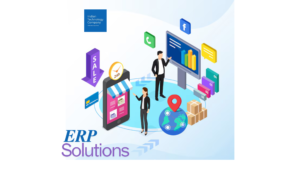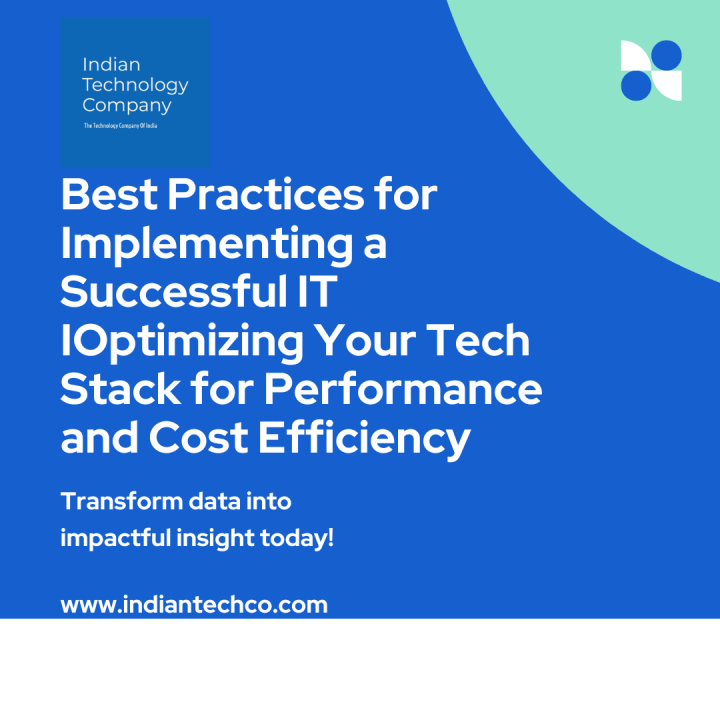Finding the Right ERP to Integrate With Your Shopify Store
Integrating an Enterprise Resource Planning (ERP) system with your Shopify store can transform the way you manage your e-commerce operations. A robust ERP system centralizes and streamlines various business processes, such as inventory management, order fulfillment, accounting, and customer relationship management, ensuring seamless efficiency and better decision-making. However, choosing the right ERP that fits your Shopify store’s unique needs requires careful consideration.
In this article, we will walk you through the importance of ERP integration, factors to consider when selecting an ERP, the benefits it offers, and some of the top ERP systems compatible with Shopify.

Why Integrate an ERP With Your Shopify Store?
Running an e-commerce business on Shopify involves managing multiple operations, including inventory tracking, shipping, customer support, and financial reporting. Manually handling these tasks can be time-consuming and prone to errors. An ERP system bridges the gap between these processes, offering:
- Centralized Data Management
An ERP integrates with your Shopify store to provide a unified view of inventory, orders, and financial data, reducing the need for manual data entry. - Improved Efficiency
Automation of routine tasks, such as inventory updates and order processing, frees up time to focus on strategic goals. - Scalability
As your business grows, an ERP system ensures that your operations remain smooth and scalable. - Enhanced Customer Experience
Faster order processing and accurate inventory data result in timely deliveries and satisfied customers.
Key Factors to Consider When Choosing an ERP for Shopify
1. Compatibility with Shopify
Ensure the ERP system you choose integrates seamlessly with Shopify. Check for:
- Pre-built integrations or APIs for Shopify.
- Real-time data synchronization capabilities.
2. Business Requirements
Identify your business needs and pain points. For instance:
- Do you need advanced inventory management?
- Is financial reporting a priority?
- Are you looking to improve order processing?
3. Cost of Implementation
Evaluate the cost of the ERP system, including:
- Licensing fees.
- Integration costs.
- Ongoing maintenance expenses.
4. Customization and Scalability
Select an ERP system that can be customized to meet your specific requirements and scaled as your business grows.
5. User-Friendly Interface
A complicated interface can hinder adoption among your team. Opt for an ERP with an intuitive and user-friendly design.
6. Customer Support
Reliable customer support is crucial, especially during and after the integration process. Check for 24/7 support availability and robust documentation.
Top ERP Systems Compatible With Shopify
1. NetSuite
- Features: Comprehensive inventory management, order processing, and financial tracking.
- Why Choose It: Ideal for medium to large-scale businesses, with robust Shopify integrations.
2. Microsoft Dynamics 365
- Features: Advanced analytics, AI-driven insights, and seamless CRM functionalities.
- Why Choose It: Offers strong scalability and deep insights for data-driven decisions.
3. SAP Business One
- Features: Real-time inventory tracking, sales reporting, and supply chain management.
- Why Choose It: Perfect for businesses looking for detailed operational control.
4. Odoo
- Features: Modular ERP solution covering inventory, CRM, and marketing.
- Why Choose It: Cost-effective and flexible for small to medium businesses.
5. Brightpearl
- Features: Specializes in retail and wholesale operations, with robust order and inventory management tools.
- Why Choose It: Designed for multi-channel retailers, making it ideal for Shopify.
Benefits of ERP Integration With Shopify
1. Real-Time Inventory Management
An ERP updates your inventory across all channels in real time, preventing stockouts or overselling.
2. Streamlined Order Fulfillment
Automated workflows ensure faster processing and shipping of orders.
3. Accurate Financial Reporting
Integrating your ERP with Shopify simplifies financial management by syncing sales data and generating accurate reports.
4. Enhanced Customer Relationship Management (CRM)
With centralized customer data, you can personalize interactions and improve customer retention.
5. Reduced Manual Errors
Automation minimizes human errors, ensuring operational accuracy.
Steps to Integrate ERP With Your Shopify Store
- Define Your Objectives
Outline your integration goals, such as automating inventory updates or improving financial tracking. - Choose the Right ERP
Based on your requirements, budget, and scalability needs, select an ERP system compatible with Shopify. - Engage a Reliable Integration Partner
Work with a trusted Shopify integration partner or ERP consultant for a smooth implementation. - Test the Integration
Before going live, thoroughly test the integration to identify and resolve any issues. - Train Your Team
Provide training to your team to ensure they understand how to use the ERP system effectively. - Monitor and Optimize
Post-integration, continuously monitor the system’s performance and make necessary adjustments to enhance efficiency.
Conclusion
Integrating the right ERP system with your Shopify store can significantly enhance your e-commerce operations, offering better data management, operational efficiency, and customer satisfaction. By considering factors such as compatibility, scalability, and cost, and choosing an ERP that aligns with your business needs, you can lay the foundation for sustained growth and success.
Whether you’re a small business or an enterprise-level Shopify store owner, the right ERP integration can be the game-changer in achieving your e-commerce goals.





